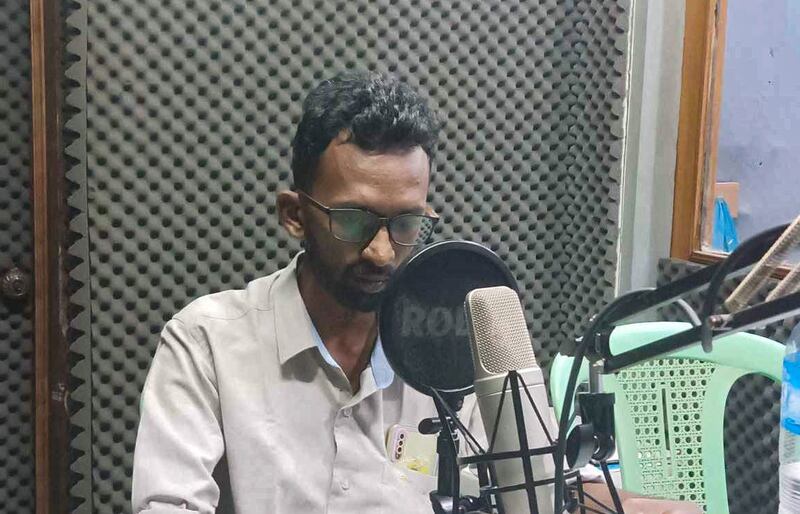As the dust settles from the 2024 U.S. presidential election, Eugene and Amy address what the results could mean for U.S. foreign policy in each of RFA’s broadcast regions.
Off Beat
RFA English’s state department correspondent Alex Willemyns joins Eugene and Amy in the studio to share his opinions on how President-elect Donald Trump may change or maintain U.S. foreign policy in Asia under his second term. While there’s much to discuss regarding ramifications for U.S.-China relations, tune in to hear Alex’s thoughts on how the new administration will approach Taiwan, North Korea, Cambodia, Myanmar and more.
Podcast Free Asia
Eugene and Amy read comments from listeners responding to China-centric stories, including one that argues that Halloween festivities were in full swing in Shanghai despite authorities’ attempts to tamp down the holiday. And this was true! Revelers still donned costumes and celebrated this year; what Shanghai district authorities hoped to quash in their heavy-handed measures was costuming as a form of protest against the state, rather than the holiday itself.
The Rundown
Amy opens The Rundown with a report on how a critical movie review landed a man in police custody. In late October, 33-year-old Shine Htet Aung, an Indian-Burmese activist living in Myanmar, called an upcoming Burmese rom-com out on Facebook for its racist undertones. The movie’s title, “Jar Kit Sar Pu Thee,” is a line that is jokingly said to Hindus in Myanmar because of its similarity to a Hindi greeting. Shine Htet Aung also noted that the clothing worn by the actors in the promotional poster was overly stereotypical of Hindu culture.

His review struck a nerve – thousands liked and shared his Facebook post, while pro-military junta channels on Telegram called for his arrest for instigating division in the majority Buddhist country. Days later, the activist’s Facebook account was deactivated, and he was declared to be in police custody, where he remains under investigation for “inciting propaganda through social media to undermine national stability.”
Turning to the seas, Eugene tackles the world of territorial disputes. Satellite imagery analyzed by RFA reveals Vietnam’s development of a new airstrip on the Barque Canada reef in the disputed Spratly archipelago in the South China Sea. But why pour so much resources converting a submerged reef in middle of the ocean into an artificial island, and then enlarging the island to accommodate such a huge project? Under the international law of the sea, a country’s exclusive economic zone (EEZ) extends 200 nautical miles from its furthest shoreline.

When two countries’ EEZs overlap due to proximity, then the area between the two countries is divided down the middle. Thus, the governments of Malaysia, China, Taiwan, the Philippines, Vietnam and Brunei have all scrambled to gain more territory (and thus, economic power) by claiming various islands belonging to the Spratly archipelago, with Vietnam’s likely serving to strengthen Vietnam’s claim.
